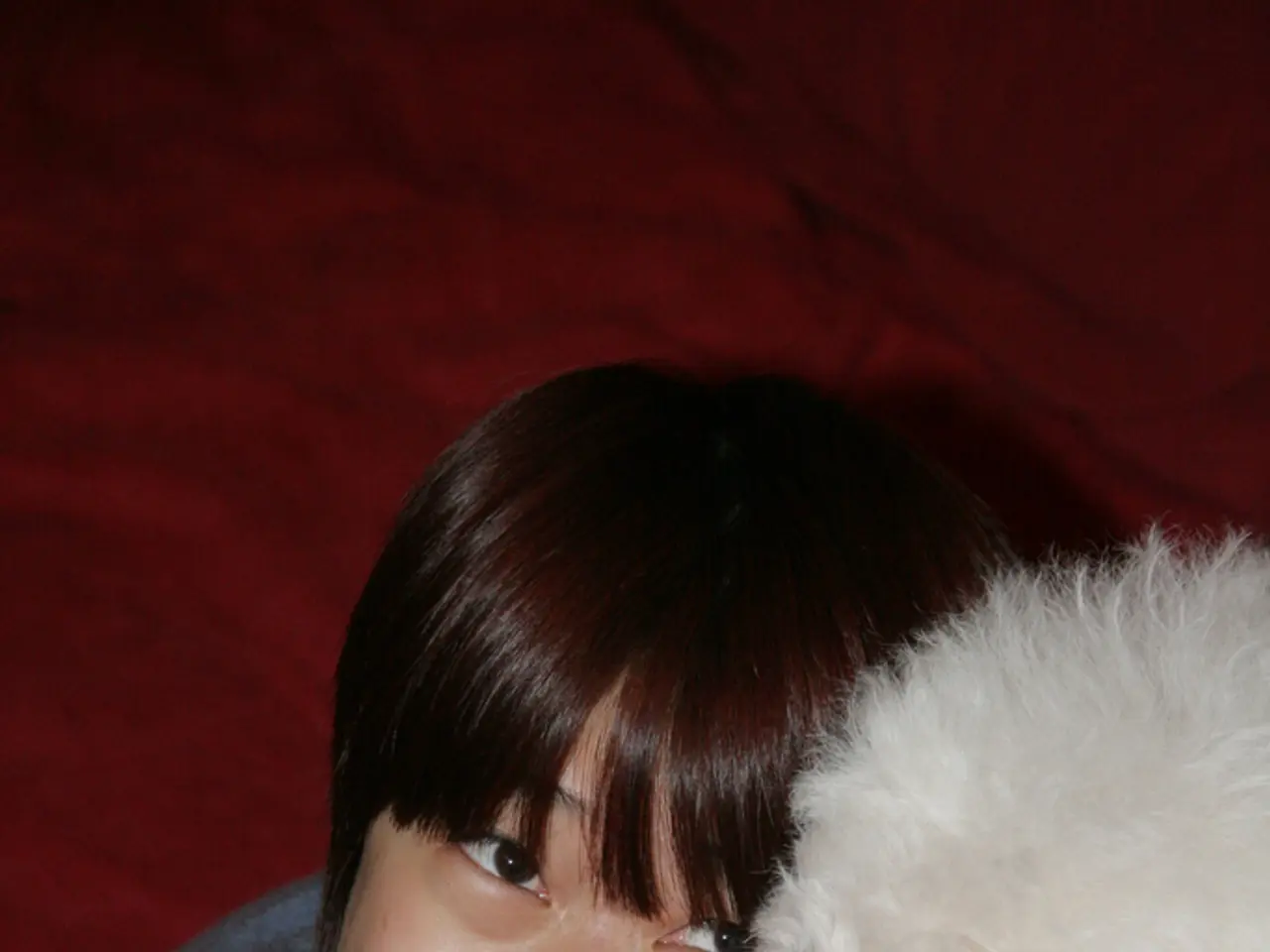Experiencing intense emotional distress following rejections? Discover ways to manage your rejection sensitivity dysphoria and find solace after being turned down.
Understanding Rejection Sensitivity Dysphoria (RSD) and its Impact on Individuals with ADHD
Rejection Sensitivity Dysphoria (RSD) is a condition that affects a significant number of individuals with Attention Deficit Hyperactivity Disorder (ADHD). This condition is characterized by an intense emotional response to perceived or actual rejection, criticism, or failure.
RSD is not formally recognized as a separate diagnosis in the DSM-5, but it is commonly reported among individuals with ADHD. The emotional regulation difficulties and heightened rejection sensitivity associated with RSD can significantly interfere with daily functioning.
Individuals with RSD often exhibit a range of symptoms. These may include extreme emotional reactions to criticism or perceived rejection, intense fear of disappointing others, persistent feelings of inadequacy, difficulty maintaining relationships, avoidance of social situations, people-pleasing behaviors, sudden mood shifts, overthinking and self-criticism, and impact on self-esteem, work performance, and interpersonal relationships.
The symptoms of RSD can feel physically intense and overwhelming for those affected. Understanding the link between ADHD and RSD can help in finding effective management strategies. These may include therapeutic support to address emotional regulation and coping mechanisms, social skills training to boost confidence and reduce the likelihood of misinterpreting social cues, practice of self-compassion as a coping strategy, and cognitive behavioral therapy (CBT) and dialectical behavior therapy (DBT) to manage RSD.
In some cases, medication may be recommended by a therapist to help with emotional regulation. Grounding techniques, such as box breathing or engaging the senses, can also help calm the nervous system and bring you back to the present moment.
It is important to note that RSD can occur in people who have social anxiety or depression, but it is most prevalent among neurodivergent individuals. Consulting with a therapist or mental health professional is crucial to better understand experiences related to RSD and determine the underlying condition that may require treatment.
Writing down a few notes about your day can help lay the groundwork with a therapist, providing them with a clear understanding of your experiences and the challenges you face. By seeking help and understanding, individuals with RSD can learn to manage their condition and improve their quality of life.
Engaging in science and education-and-self-development, such as learning aboutRSD and its impact on individuals with ADHD, can provide valuable insights for personal growth. A balanced approach to health-and-wellness, including fitness-and-exercise, nutrition, and mental-health practices, can help manage the emotional intensity associated with RSD.
Career-development may be affected by RSD, as the condition can impact work performance and interpersonal relationships. Seeking help from a therapist or mental health professional can lead to effective management strategies, including therapeutic support, social skills training, self-compassion, CBT, DBT, and medication if needed.
In addition to therapy, grounding techniques, like box breathing or engaging the senses, can help manage symptoms of RSD, promoting a sense of calm and inner peace. Maintaining a journal to document daily experiences can aid in communication with mental health professionals, fostering a more effective treatment plan.
Recognizing that RSD is not uncommon among neurodivergent individuals can help reduce feelings of isolation and encourage those affected to seek help. By understanding and embracing the unique challenges posed by RSD, individuals can take proactive steps towards managing their condition and improving their overall quality of life.




